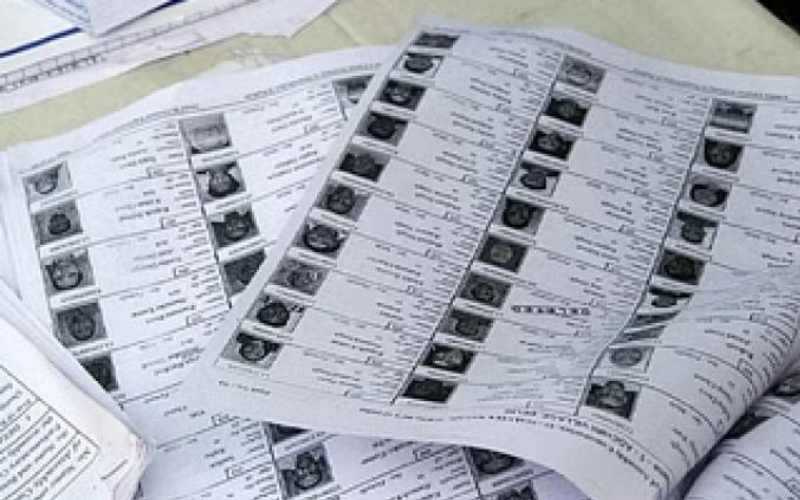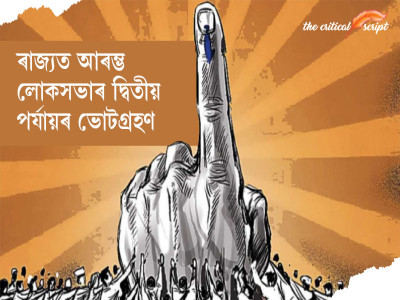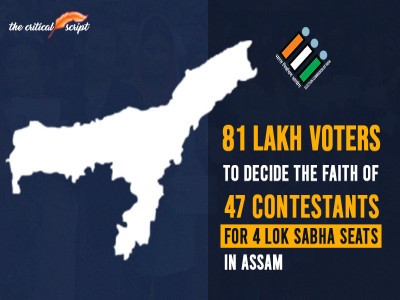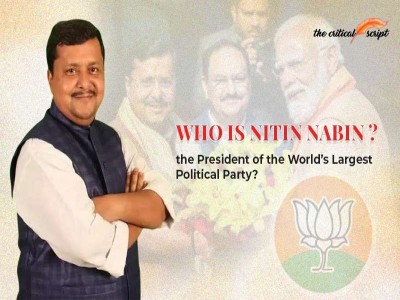
The so-called list of ‘doubtful voters’
The Election Commission of India carried out an "intensive revision" of Assam's electoral rolls in 1997 due to concerns that the rolls contained names of foreigners or illegal migrants. This resulted in 3.13 lakh voters being designated as "doubtful" or D-voters. This tag not only stripped them of voting rights but also labeled them as Bangladeshis. The most affected were Bengali Hindus and Bengali Muslims. A 2012 white paper by the Assam government revealed that 2.3 lakh D-voters were sent to foreigners' tribunals and hundreds to detention camps.
The aftermath of this has been
challenging. Even those not labeled as D-voters face bureaucratic hurdles,
especially with the 1997 electoral roll. Assam's stringent citizenship
determination process stems from a deep suspicion of outsiders, particularly
Bengali-origin Muslims, often referred to as “Miyas”. Assam is unique in having
compiled a National Register of Citizens in 1951 and updated it in 2019, potentially
rendering 19 lakh residents stateless.
Residents of lower Assam
districts like Barpeta, Dhubri, and Darrang face scrutiny when applying for
government jobs, passports, land registration, or welfare schemes. They must
provide both the pre-1971 electoral roll and the 1997 electoral roll, creating
room for discrepancies. These discrepancies can be as minor as name spellings
or abbreviations. The 1997 list, despite its errors, is crucial in citizenship
cases and other governmental procedures.
Errors in the 1997 list have
caused significant problems for residents. Incorrect or incomplete names on
this list can lead to challenges in proving relationships or identities.
The anxiety surrounding outsiders continues, with many viewing government departments as mini foreigners' tribunals. The historical ethno-nationalism in Assam has fostered exclusion and xenophobia.
In 1997, the chief minister was Prafulla Kumar Mahanta from the Assam Gana Parishad, a prominent leader of the Assam movement against foreigners in the 1970s. This was his second term. And large numbers of people were marked as bideshi or foreigners. Allegedly, it was totally a political game to manufacture proof for the theory of the presence of large numbers of illegal immigrants in Assam.
Disclaimer: The opinions expressed in this article are those of the author's. They do not purport to reflect the opinions or views of The Critical Script or its editor.

Newsletter!!!
Subscribe to our weekly Newsletter and stay tuned.

















Related Comments